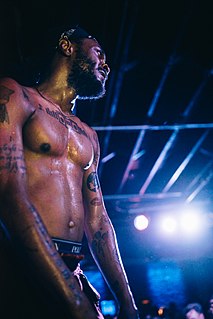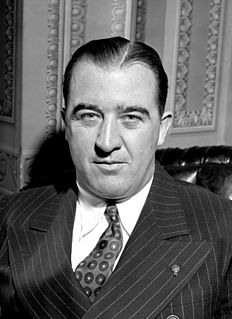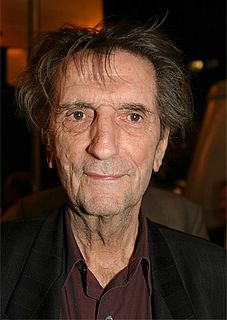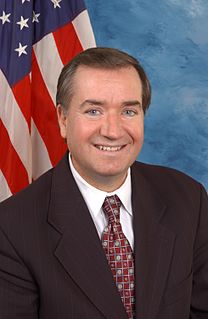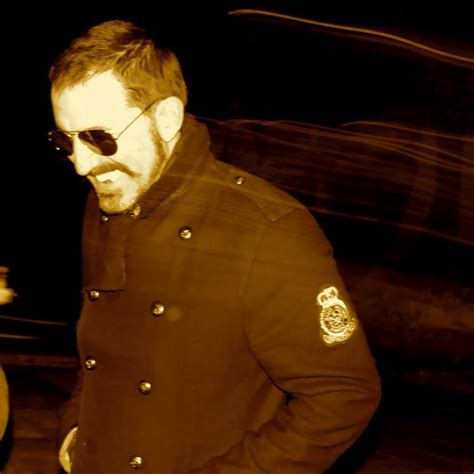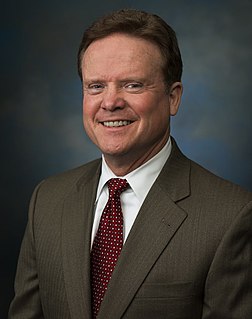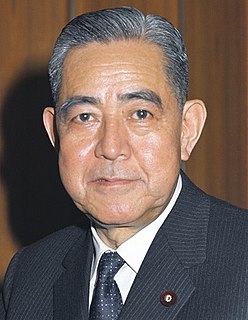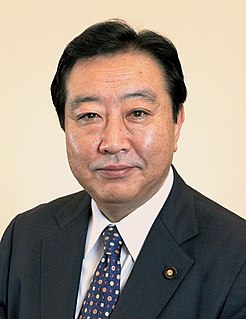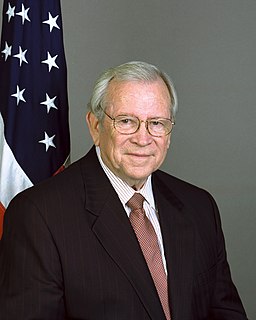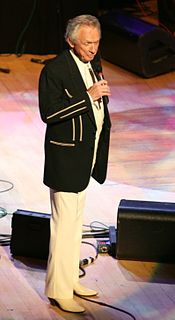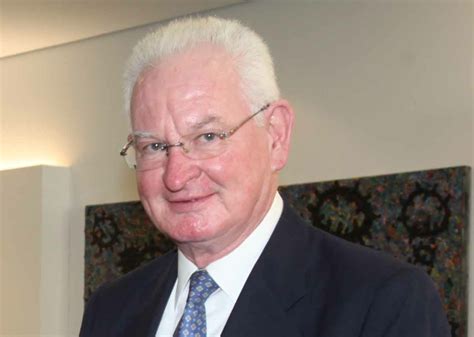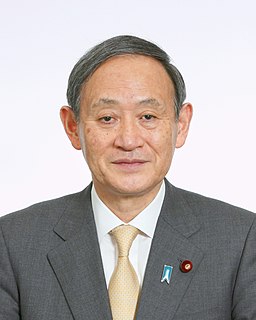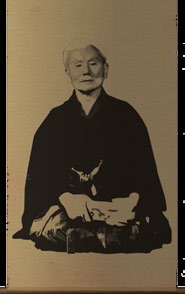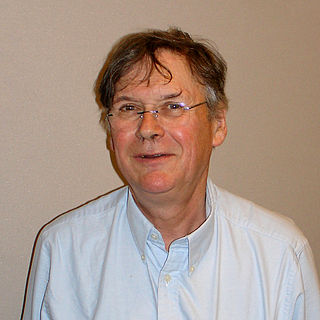Top 22 Okinawa Quotes & Sayings
Explore popular Okinawa quotes.
Last updated on April 14, 2025.
I got interested in Zen when I was a teenage beatnik on the streets of San Francisco. And it was my interest in Zen, in part, that got me into the Marine Corps, because that was a ticket to Asia. So I spent a couple of years on Okinawa and began reading and thinking about how I wanted to go about conducting my life.
I was a runner and a soccer player living in Okinawa, Japan and I didn't have recruiters coming in to recruit me for sports. So how many kids out there and planning to go to college are super stud athletes but don't have a chance because they come from some podunk town and no one comes to watch them?
I was born in Okinawa, but on a U.S. Army base. And my father is Japanese-American which means that he is second generation, but my mom was born in the Philippines and raised in Okinawa. So, how do you know where you are generationally from? I can claim all three legitimately, but I like to say that I am third generation American.
It's hard for me to think about this, but I first went to Southeast Asia as a Marine more than 40 years ago, as a young Marine. I was on Okinawa and then in Vietnam. I've returned in many different hats, which I think has helped me to form my own views about policy out there. I've spent a good bit of time in this region as a journalist.
Hoping to see karate included in the universal physical education taught in our public schools, I set about revising the kata so as to make them as simple as possible. Times change, the world changes, and obviously the martial arts must change too. The karate that high school students practice today is not the same karate that was practiced even as recently as ten years ago [this book was written in 1956], and it is a long way indeed from the karate I learned when I was a child in Okinawa.
I don't think America needs 28,000 men on Okinawa. I don't think we need an army in Germany. What's it for, to protect Germans against the Russians, to protect the French against the Germans? It's just there by inertia, that's my reading of it. I don't think we need an army in South Korea because North Korea is absolutely no threat to South Korea.
